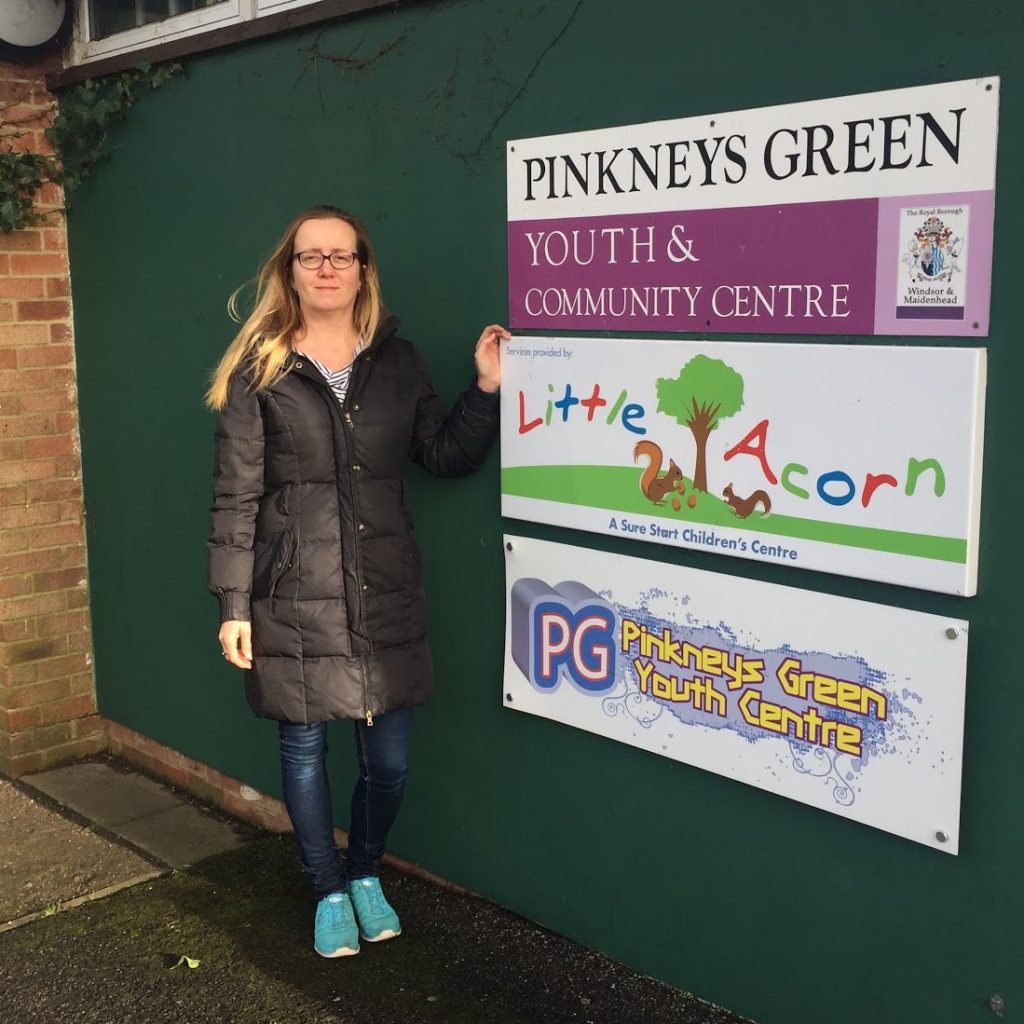
When we declare that we’re going to “Transform early years and youth services to be targeted at the most vulnerable,” the statement is disingenuous in a number of ways.
The euphemistic use of the word ‘transformation’ suggests we’re about to see a massive improvement to our services but what we’re actually talking about is a reduction in investment and service levels — in some areas — so let’s be honest about that.
And while none of us would disagree with the idea of supporting our most vulnerable residents, my question has always been: “How do we support those people who are not yet on the radar?”
Up to now, we’ve cast the net as far and wide as possible. Now, we are asking the fish to make their own way to the boat. Many won’t come.
By concentrating services in two hubs, we are forcing people who don’t have cars onto public transport. When you are in crisis, it can sometimes be all you can do to get out of the front door, never mind navigating an unreliable public transport service. Again, many won’t come.
I’ve said this before as well, but it’s worth repeating for the record — many of the issues families encounter are hidden. People don’t tend to talk openly about domestic abuse, drug or alcohol abuse, or financial worries. But specially trained staff at local drop-in centres, like our Children’s Centres, are able to spot the signs and signpost people to the correct support. I disagree with the assumption that these people will look to the private sector instead. Some are living with the effects of austerity and zero-hours contracts. They won’t come, and they won’t get the support they need.
And it seems strange to be voting on this now, without knowing the outcome of the consultation. This does mean that if the consultation throws up an unexpected result, we may not have the resources to deliver what residents are asking for.
Children’s Services and SEND
I must talk also about the results of the recent Ofsted inspection of Children’s Services and the borough’s SEND provision.
I join others in congratulating the teams and individuals who have worked so hard to turn things around and nothing I’m about to say should take away from their achievements. However, we must acknowledge that there is still much to be done.
We know that after Children’s Services received a ‘requires improvement’ judgement in 2015, things got significantly worse before they got better, and this means that the baseline we are working from is actually lower than ‘requires improvement’. This is, perhaps, why Ofsted noticed that “the legacy of poorer practice is still evident for children in some areas of the service”.
Staff turnover is still a massive issue and, according to Ofsted, work to address services for care leavers “is still in its infancy”.
On our SEND provision, progress has been made since the last Ofsted inspection — described by Ofsted as ‘sufficient’, not ‘significant’ as reported on social media, but progress all the same.
Parents are still voicing frustration, however, at the time it’s taking to get the appropriate support in place for their children.
I spoke to one mother who took her child out of the ASD assessment pathway because she felt it easier to read up on the subject and provide the support herself.
There must be other children in this middle group who don’t have the severest challenges, and are therefore missing out on the opportunity to receive the support they deserve.
It’s vital then that we continue to drive forward improvements to our Children’s Services and SEND offering, without losing any momentum, to avoid a whole generation of young people missing out on the opportunity to live their best lives.
I fear though that the progress that’s being made and is still yet to be made will be derailed without adequate investment. We all know that this year’s cuts are just the beginning and that savings will need to be made year on year to give us the best chance of avoiding financial disaster. And even then, a single unexpected event could send us over the line.
The Conservatives have had 12 years to get this right. Far from building a “borough for everyone”, as they promised, we are left with a borough where those with all but the severest needs will be left to fend for themselves. And they’ll feel the effects of that neglect for the rest of their lives.
